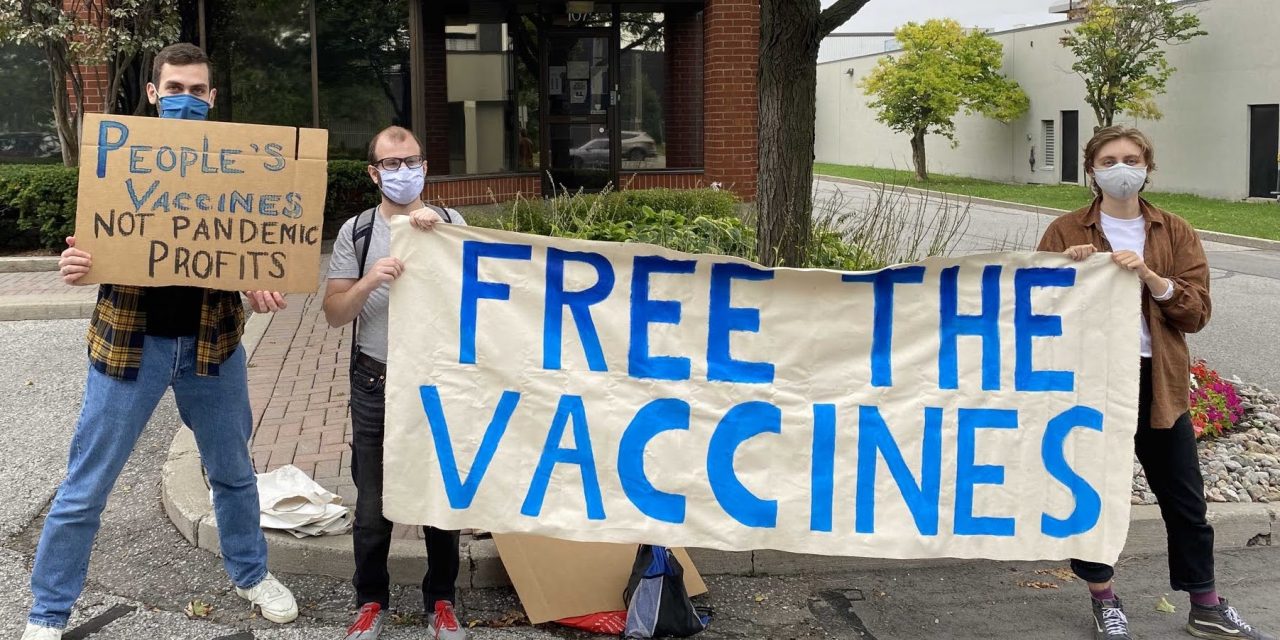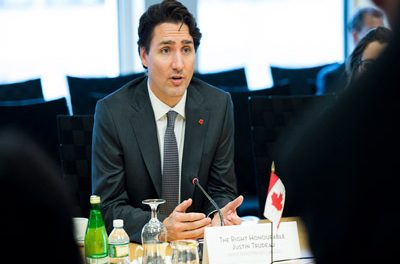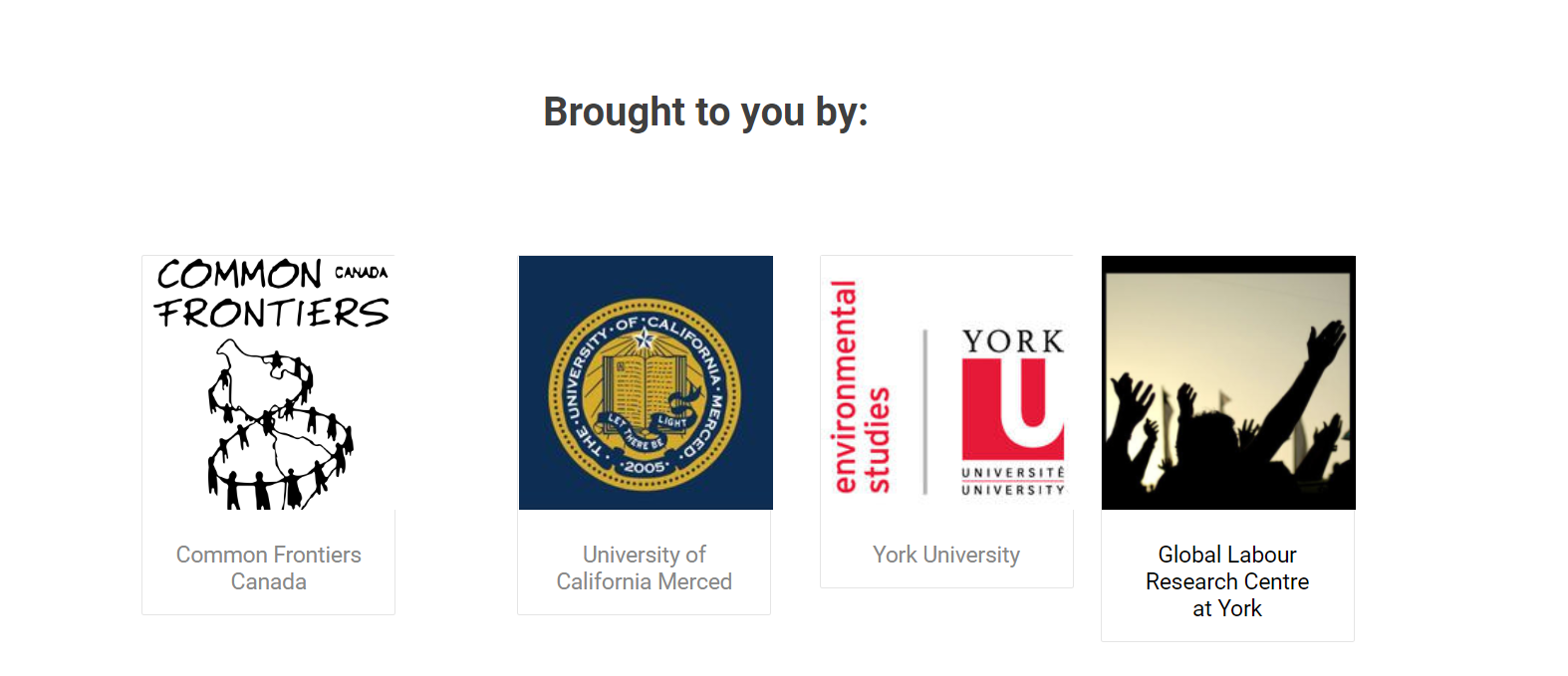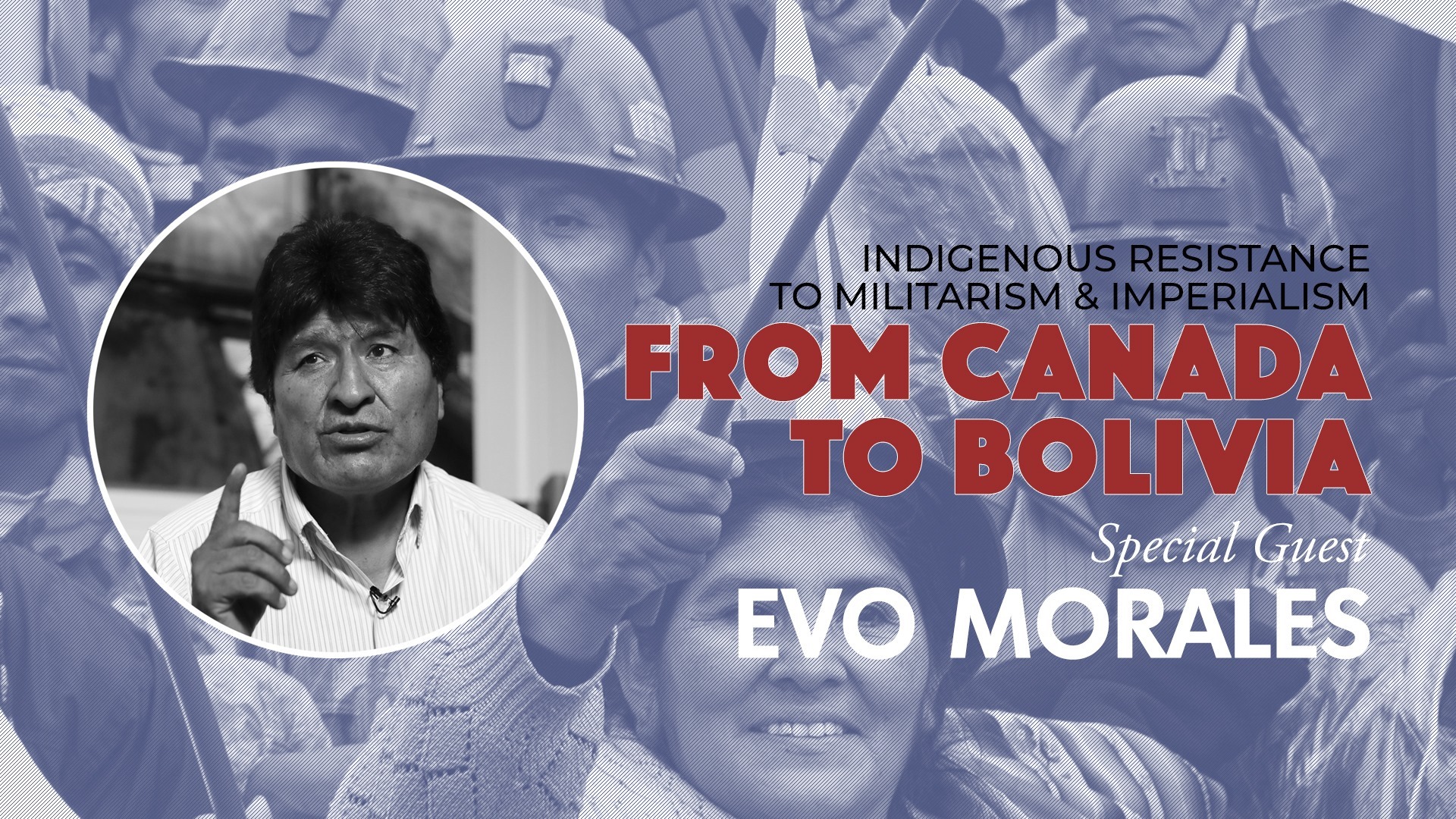We are calling out the Canadian government for their inaction around the TRIPs waiver and on granting a compulsory license to Biolyse to produce vaccines for Bolivia.
The Government of Canada has so far refused to add COVID-19 vaccines to the Schedule 1 list of essential medicines of the Patent Act, which would allow Biolyse to produce vaccines under CAMR.
The world is experiencing a global medical apartheid – less than 4% of the population in low-income countries have received their first shot of a COVID-19 vaccine. Rich countries and pharmaceutical monopolies are defending a system that gives them the power to decide where COVID-19 vaccines, treatments, and diagnostics are produced and how they are distributed. They must commit to a comprehensive waiver of intellectual property related to COVID-19, and invest in transferring technology so that medical technology production, including vaccines, can be democratized and scaled up to vaccinate and save lives around the world. We need a people’s vaccine & treatments, not pandemic profits.
You can hold the Canadian government accountable for dragging its feet and upholding COVId-19 medical apartheid.
All out for a #PeoplesVaccine on November 22, 4-6 PM for an action in front of Chystia Freeland’s office at Spadina and Bloor!
Featuring: An art installation to drive home the message that stalling access to vaccines, treatments and diagnostics results in climbing COVID-19 deaths globally
Speeches from climate justice and health justice activists. Chants and songs to draw attention during rush hour
Speeches from climate justice and health justice activists. Chants and songs to draw attention during rush hour
Covid-19 Safety:
Please wear a mask and plan to keep your distance. The organizers will have masks and hand sanitizer available for all.
Please wear a mask and plan to keep your distance. The organizers will have masks and hand sanitizer available for all.
We demand:
1. Immediately and explicitly support a TRIPS waiver that includes a waiver on patents and undisclosed information, and covers vaccines, therapeutics, diagnostics & all other Covid-19 related medical supplies.
1. Immediately and explicitly support a TRIPS waiver that includes a waiver on patents and undisclosed information, and covers vaccines, therapeutics, diagnostics & all other Covid-19 related medical supplies.
2. Use domestic legislation and negotiating power to transfer vaccine technologies to other countries and make investments in the global manufacturing capacity of vaccines.
3. Allow interested local manufacturers to produce low-cost versions of the vaccines for low-income countries.
4. Send significant portions of Canada’s vaccine supply to countries with limited supply.
5. Refrain from rolling out booster doses in Canada until low-income countries in the Global South have significantly increased their vaccination rate.
Sponsored by Climate Justice Toronto Common Frontiers






